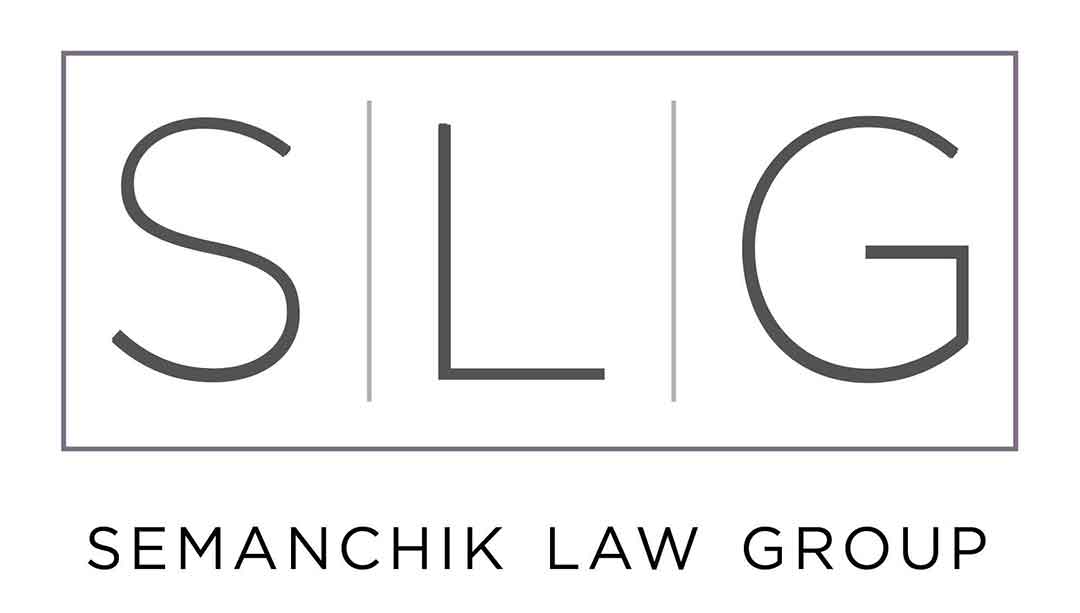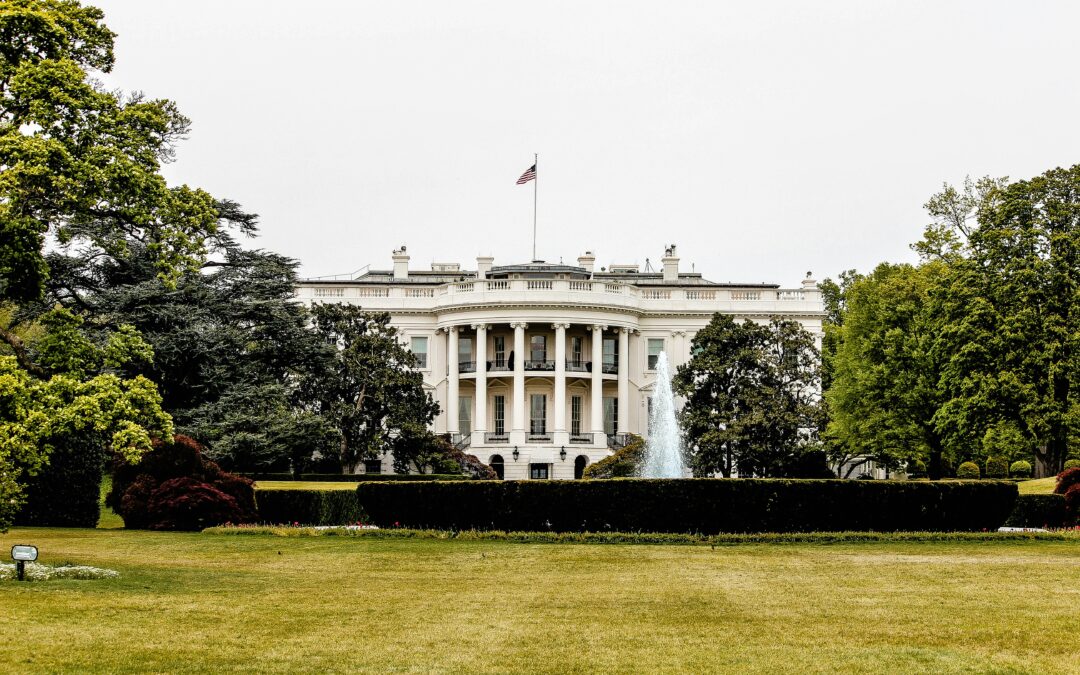In recent weeks, nonprofit organizations have encountered significant challenges due to executive actions taken by the Trump administration. On January 27, 2025, the Office of Management and Budget (OMB) issued memo M-25-13, instructing federal agencies to “temporarily pause all activities related to obligation or disbursement of all federal financial assistance” to review alignment with the administration’s policies. This directive aimed to reassess funding for programs related to foreign aid, nongovernmental organizations, diversity, equity, and inclusion (DEI) initiatives, and environmental projects associated with the Green New Deal. (pbs.org)
The immediate effect of this funding freeze was widespread confusion among nonprofits that rely on federal grants and loans. Many organizations reported being unable to access federal systems to receive funds, leading to disruptions in services. For instance, health centers providing essential reproductive services expressed concerns about their ability to continue operations. Clare Coleman, CEO of the National Family Planning & Reproductive Health Association, noted that “even a temporary funding pause could cause significant disruption to clinic operations, jeopardizing patients’ access to contraception, cancer screenings, STI and HIV services, and other essential reproductive health care.” (reuters.com)
In response to legal challenges, U.S. District Judge Loren L. AliKhan issued a temporary restraining order halting the funding freeze, citing potential catastrophic harm to organizations serving vulnerable populations. Despite the OMB rescinding the initial memo, the administration clarified that the funding freeze remained in effect, leading to further uncertainty. (nonprofitpro.com)
The situation has been particularly challenging for international aid organizations. The freeze affected programs like the President’s Emergency Plan for AIDS Relief (PEPFAR), which supports HIV/AIDS treatment worldwide. Disruptions in funding led to concerns about the delivery of essential medications to vulnerable populations. (theatlantic.com)
Additionally, the administration’s executive orders have targeted DEI programs and initiatives supporting undocumented immigrants. An executive order signed on January 20, 2025, directed a funding pause to audit grants and contracts with nonprofits supporting undocumented immigrants, potentially leading to the termination of funding for organizations deemed non-compliant. (nonprofitpro.com)
These developments have forced nonprofits to navigate a complex and rapidly changing landscape. Organizations are grappling with the immediate impacts of funding disruptions while seeking clarity on the long-term implications of the administration’s policy shifts. The uncertainty has compelled many nonprofits to consider scaling back services, cutting essential programs, and, in some cases, facing the possibility of closure. (usnews.com)
In summary, the recent executive actions and funding freezes have posed significant challenges for nonprofits, affecting their operations and the communities they serve. As the situation evolves, organizations must stay informed and adaptable to continue fulfilling their missions amidst these uncertainties.


